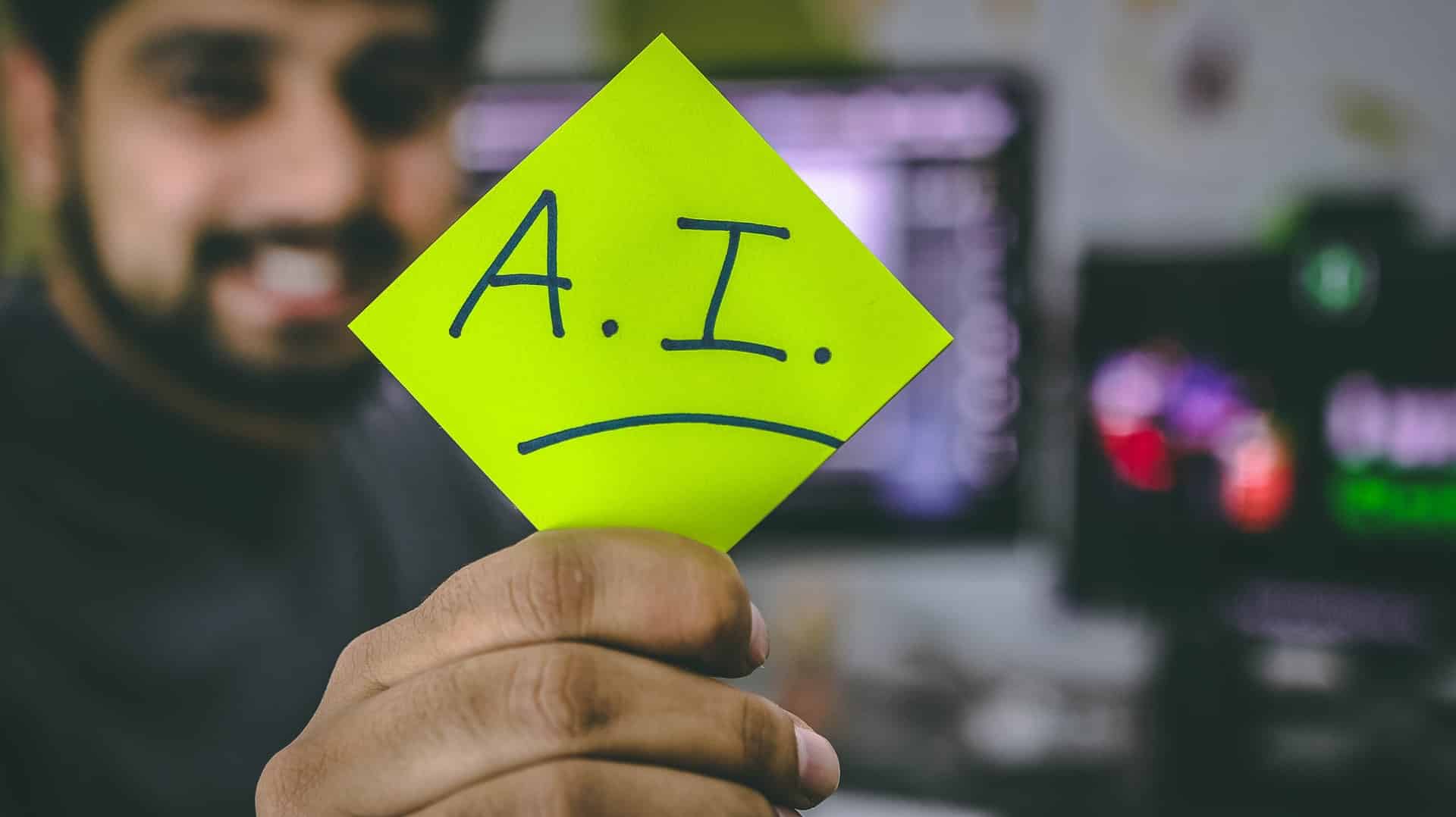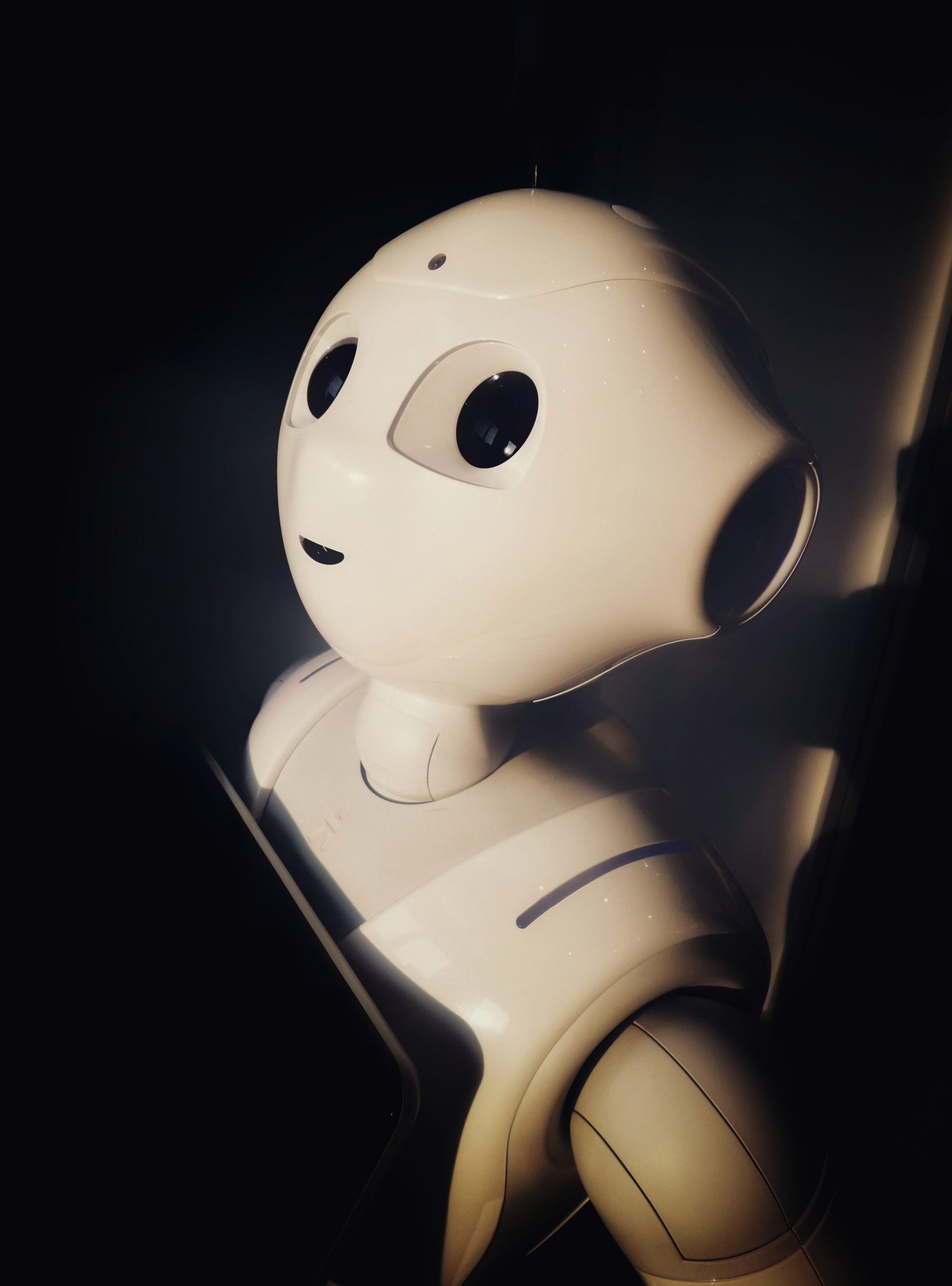Artificial intelligence (AI) comes down to computers using a large amount of data to make better predictions. AI determines what ads you see on the internet, whether you’ll be approved for a loan, whether you’ll be hired for a certain job, and even what stocks end up in your retirement account.
Artificial intelligence has been around for decades, and Marc Zboch believes it’s becoming more common every day. You can find it in everything from customer service to disaster relief efforts.
AI has become much more prevalent in health care, where diagnostic programs are more comprehensive than what a human doctor could offer. But as artificial intelligence grows, so does our dependence on it—and this dependence poses some very real risks to both individuals and society at large. This article will explore how artificial intelligence is changing the world for the better.
IMAGE: UNSPLASH
The Benefits Of AI
Marc Zboch believes that one of the main ways artificial intelligence is changing the world for the better is through health care. In recent years, diagnostic programs have become much more reliable than what a human doctor could offer—with some even being able to detect cancer. AI isn’t just helpful in treating diagnosis but also in determining courses of treatment and providing continuous updates on a patient’s progress as they undergo treatment.
Marc Zboch explains medical AI applications. “A friend of mine is a Radiologist who was sued for malpractice. He reviewed a mammogram of an elderly woman who later developed breast cancer. Her scan showed cloudiness, where cancer later developed. Usually, these shadows are natural and not cancer. Doctors worried about liability may protect themselves by calling everything questionable cancer. But the false positives could put patients through a great deal of anguish and even unnecessary treatment.”
“New Radiology AI technology can look at millions of mammograms to find similar scans over time and determine the probability of it turning into breast cancer. It can be far quicker and more accurate than any human.”
How It Works
Artificial intelligence is a computer-based technology that gives machines to mimic human behaviors. Artificial intelligence programs can learn from vast amounts of data and make decisions without human intervention. One example is Google’s image recognition program, which recognizes millions of images a day without humans’ help.
Artificial intelligence programs are best at solving problems requiring knowledge, planning, and reasoning—medical diagnosis or drafting contracts. However, while AI may one day be able to do all the things we can now, many experts believe it will never be better than humans at social tasks like motivating, coaching and understanding others.
The increased prevalence of AI has led to greater economic efficiency and improved customer service. Systems can now take over entire factories or manage stock markets by themselves—sometimes with better results than those produced by human laborers or traders.
Overall Impacts
Artificial intelligence is already changing the world in many ways. For example, shoppers at grocery stores can scan products with their smartphones to learn more about them instantly. Car rental companies show customers cars that match their preferences before they pick one up.
Many experts believe that artificial intelligence will only improve and become more common, leading some people to worry about losing their jobs. However, most experts agree that artificial intelligence will lead to new work and ways to spend our free time.
Other Uses For Artificial Intelligence
The U.S military is testing an artificial intelligence program that changes the way drones work by making them less lethal. This would give them wider-range capabilities, including everything from surveillance to delivering supplies.
Other uses include self-driving cars and medical advances like a better diagnosis of diseases and robots used in surgery to make it safer for patients. There are also practical daily life tasks like voice command software on computers or mobile devices that allow people to schedule appointments or retrieve information by speaking to the devices.
Future Innovations
We will most likely use artificial intelligence in many more applications in the future. For example, with self-driving cars, computers will be able to drive people around without human assistance. Also, virtual personal assistants are being developed to find information on the internet for you or even order your products with only your voice command.
Another system automatically generates short summaries of news articles based on their content. These innovations are possible because of artificial intelligence’s ability to learn from data and make smarter decisions in a short time frame. Artificial intelligence is growing rapidly and has endless possibilities for future use in modern life.
Final Thoughts
AI systems are already being widely used in health care, the economy, daily life, and the military. There are even advancements like self-driving cars currently in use—though there are also potential dangers to consider, like AI’s impact on unemployment or the threat of accidents. However, artificial intelligence has great potential to improve our lives and change how we do things.
Artificial intelligence can improve many specific areas of life, but one thing is for sure—it’s only going to get better over time. We are just beginning to see how AI will help people in their daily lives. There are few signs of slowing down on this progress, so it may be a good idea to start thinking about how you can best prepare for a world with more AI.
IMAGE: UNSPLASH
If you are interested in even more technology-related articles and information from us here at Bit Rebels, then we have a lot to choose from.


COMMENTS